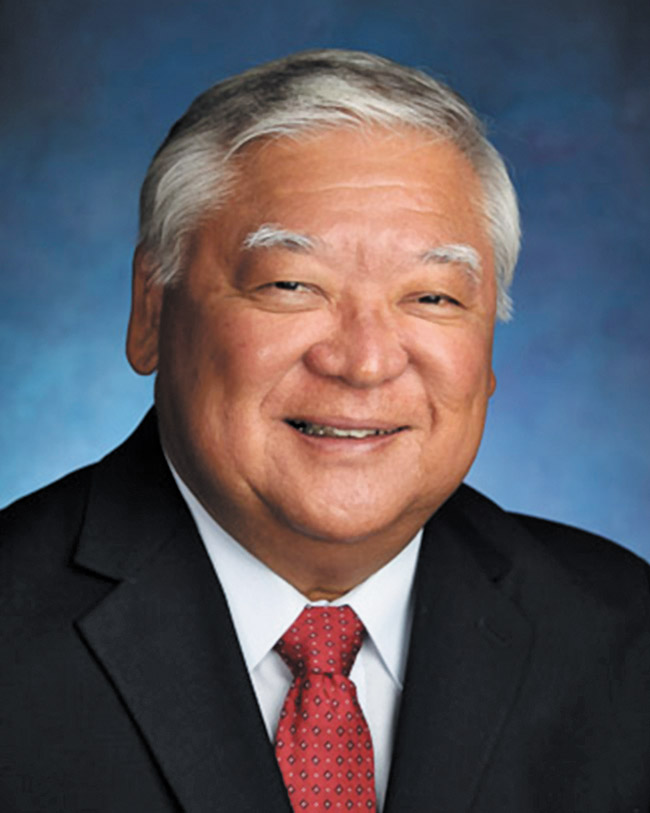Exploring What It Means To Be Organic
Let’s Talk…Sen. Clarence Nishihara
Improving our food sustainability is a key issue for the state of Hawaii. Recent policy debates concerning Hawaii’s agribusiness industry have raised the possibility of organic agriculture as an approach. This article aims to provide local consumers with facts relevant to making informed choices at the grocery store and supporting useful policy directions.
Currently, organic agriculture represents a small but vibrant industry in Hawaii. Regulated through the U.S. Department of Agriculture’s National Organic Program (NOP), organic is a labeling term that refers to an agricultural product that has been produced through approved methods that integrate cultural, biological, and mechanical practices. According to the NOP, the melding of these practices must promote an ecological balance, as well as conserve biodiversity.
Contrary to the belief of many, however, it should be noted that being deemed “organic” does not necessarily equate to being completely chemical free.
Limited use of naturally occurring pesticides and biological substances are permitted in organic farming. These products must be compliant with NOP guidelines and are regulated by the Environmental Protection Agency. Among the list of products approved for use are specified soaps, neem oil, adzirdaractin, pyrethrin, bacillius thuringiensis (BT), and spinosad.
While a growing number of consumers have turned to organic products as a “healthy” alternative to mass-produced foods and other agricultural products, the assumption that “natural” chemicals are safer than synthetic compounds is inaccurate. Natural substances used in organic farming do contain toxins that, depending on the dosage, may be harmful.
Successful organic operations such as Mari’s Garden (Oahu), Robb Farms (Hawaii Island), Adaptations (South Kona), Kaleikoa Farms (Molokai), and Moloaa Organicaa (Kauai) illustrate that there is a great market opportunity locally.
Local demand, however, far out-strips supply. In this light, it is important to recognize that organic agriculture has its limitations and is best viewed as one key component of the food sustainability solution, but not the entire answer.
Encouraging other complementary efforts – such as more wide-spread community and personal gardens, appropriate measures to increase crop yields, and attracting more local growers via incentives – should be investigated and implemented when cost effective. At the same time, we must be realistic.
In a world with an ever growing population and associated increasing demand for nutrition, the production capacity of large agribusinesses currently yields mass quantities of affordable food. Thus, it is important that these organizations be included in discussions as we move forward.
I invite all of us to think clearly about this important issue, to be informed, and to support our island’s future by helping find and follow best approaches to provide affordable healthy food.
State Sen. Clarence Nishihara represents District 17 (Waipahu, Crestview, Manana, Pearl City, Pacific Palisades). Call him at 586-6970 or email sennishihara@capitol.hawaii.gov.






